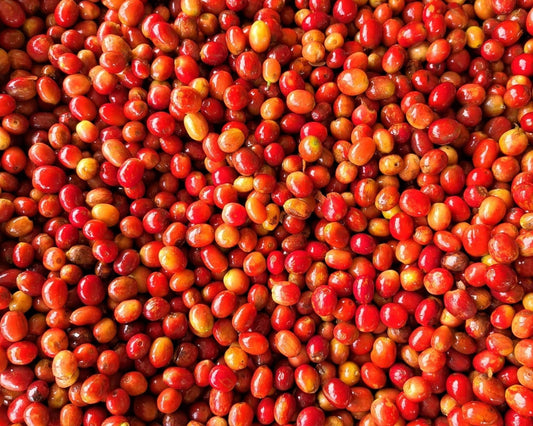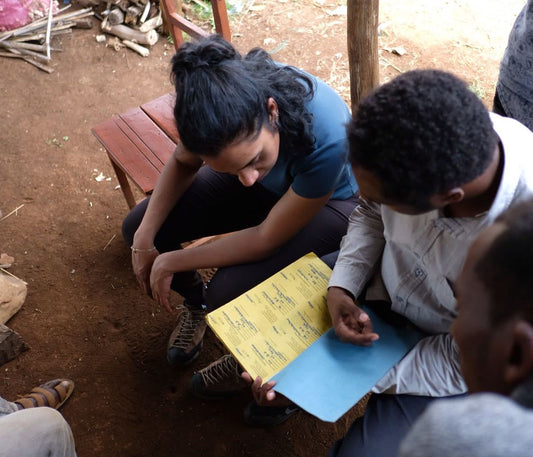No to certified coffee, yes to B-Corp
Obviously, consumer awareness has been increasing for the last decades, with more demand for sustainably produced coffee as a result. Numerous labels and certificates have jumped in to meet this demand. Unfortunately, the voluntary sustainability standards set by these third party auditors have not resulted in big structural changes that the coffee industry is clearly in need of. So, Wakuli does not offer certified coffee, and yet 2022 marked Wakuli’s first certification. We became B-Corp certified. Let us explain:
Our four reasons not to buy certified coffee:
Certification is no guarantee for a better farmer income
Even though certification has existed for decades, livelihoods of coffee farmers during those years have barely improved. Although the demand for certified coffee increases year by year, schemes like Rainforest Alliance and 4C show no significant increase in income for farmers through coffee production. And even Fairtrade shows little lasting effect of trickle down of premiums to farm level (farmgate price). We are convinced it all boils down to a better income for farmers as the requirement for making any change in the industry last.
Farmers are stuck with costs for certification
Around 40% of all coffee is, in one way or another, certified. And of that coffee, around half is sold as such because of lagging demand. Farmers are forced to sell the remainder as commodity coffee for the commodity price. It is important to understand that they have to invest in certification and they carry costs for audits. It is understandable that the business case for certification for a lot of farmers and cooperatives does not add up.
Certification does not stimulate healthy partnership
Certification takes away the incentive to build up a relationship. Producers and customers both rely on predetermined requirements and benefits of the certification scheme at hand. Third parties see to it that everyone is falling in line. Through the certification system, responsibility is constantly pushed from one party to the next up the value chain and ending up on the shoulders of the coffee farmer. Our 13 partnerships prove to us that with dedication and attention all of the claimed benefits of certification can be achieved in a far more personal and less costly way.
Certification does not stimulate higher quality
Wakuli believes quality is the way out. Certification is in a way a trap for farmers when it comes to quality improvement. Certified or not, the coffee is in a lot of cases the same. Certification has, in that sense, not changed anything inherent to the physical product. The premiums paid to cooperatives for certified coffee (regardless of the quality) do not motivate involved parties to improve. The coffee in the end is in most cases still interchangeable with commodity coffee. The money spent on the whole megastructure needed to make certification function could be better spent on farmers to help improve their practices, increase quality, and add value to the product and their environment.


